In the dynamic and ever-evolving landscape of digital media, influencers play a pivotal role in shaping trends, sharing insights, and creating engaging content that captivates audiences worldwide. As influencers invest time, creativity, and resources into developing their online presence, safeguarding their content through copyright considerations becomes paramount. At the core of copyright protection lies the recognition of an influencer’s original work as intellectual property. From meticulously crafted Instagram posts to thought-provoking YouTube videos, every piece of content an influencer produces is a unique expression of their creativity. Registering copyright for this content provides influencers with legal recourse in case of unauthorized use, reproduction, or distribution, reinforcing their exclusive rights over the material. Navigating the digital realm requires influencers to be vigilant about potential copyright infringement. While the internet offers a vast platform for sharing content, it also poses risks of unauthorized usage. By watermarking photos, embedding logos in videos or including copyright notices in captions, influencers can act as a deterrent against misuse. Moreover, regularly monitoring online platforms and reporting unauthorized use can help influencers maintain control over their content and its distribution.
Collaborations are a common avenue for influencers to expand their reach, but they also necessitate clear agreements to address copyright issues. When working with brands, influencers should outline the terms of content usage, specifying whether the brand gains licensing rights or if the Bitman Entertainment Lawyers retains full ownership. Crafting comprehensive contracts with legal professionals can prevent misunderstandings and ensure that both parties are aligned on copyright-related matters. In the realm of social media, the concept of fair use often arises, allowing limited use of copyrighted material without permission for purposes such as commentary, criticism, or parody. Influencers must be aware of fair use principles to distinguish between acceptable and infringing practices. Providing proper attribution and seeking permission for usage outside the boundaries of fair use can help influencers strike a balance between protecting their content and respecting the rights of others. Beyond legal protections, influencers can also employ technological tools to safeguard their content. Digital rights management DRM solutions, for instance, can restrict the copying and distribution of digital content, adding an extra layer of security.
Additionally, utilizing content ID systems on platforms like YouTube can help identify and manage copyrighted material, offering influencers more control over their intellectual property. Educating followers about the value of original content and the associated copyright considerations fosters a culture of respect for creative work. Influencers can include copyright disclaimers in their profiles, reminding their audience of the effort invested in content creation and discouraging unauthorized use. By building a community that values intellectual property, influencers contribute to a supportive environment that encourages creativity while discouraging infringement. In conclusion, as influencers continue to shape the digital landscape, understanding and implementing copyright considerations are essential steps in protecting their creative endeavors. From proactive measures like watermarking and contractual agreements to leveraging legal frameworks and technological solutions, influencers can fortify their position in the online space and ensure that their content remains a valuable expression of their unique voice. By embracing these copyright considerations, influencers not only safeguard their intellectual property but also contribute to the establishment of ethical and respectful digital communities.
